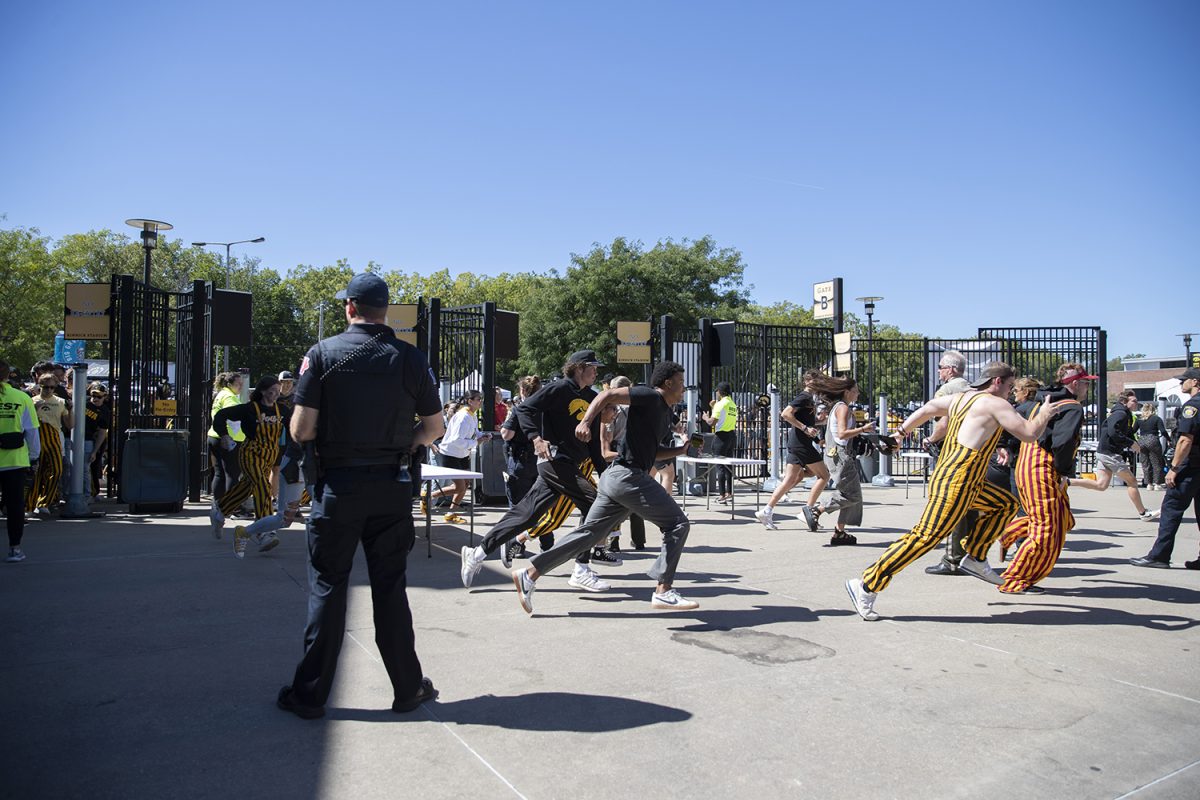Across the country, college football ticket prices have surged. With the addition of schools to the Big Ten and SEC, prices will likely continue to rise.
At the start of the 2023 football season, college football ticket sales rose 42 percent, according to Forbes. Consequently, the ticket prices — especially from second or third-party vendors — soared to new heights.
The average Big Ten ticket price in 2024 was about $73, with the highest being $225 for Northwestern games. Average ticket prices for NFL games were comparatively lower, at around $120.
These absurd, impractical costs increase financial stress for college students already juggling tuition fees, textbooks, and living expenses. Students managing tight budgets find it challenging to justify such high costs for non-essential activities, despite football games being considered an integral part of the college experience for many.
Ticket prices aren’t the only expense that has become harder for students to manage. Public four-year university tuition has increased almost 40 percent since 2010. For those working part-time jobs or relying on financial aid, the expense of attending games can mean sacrificing other necessary purchases.
The added expense of attending football games — once an arguably affordable way to engage with campus life — is yet another financial strain. Students who can’t afford tickets are left feeling excluded after deciding between groceries for the week or a few hours of school spirit with the game day crowd.
For students at the University of Iowa, these high prices have begun to take effect.
The annual and much-anticipated Cy-Hawk matchup sold out in early July, making it even harder to get tickets for a reasonable price.
To reimburse the amount spent on season passes, students are known to sell their unwanted tickets. More recently, students have started purchasing season passes knowing they’ll be able to turn a profit if they sell each individual ticket.
Season passes started at $355 this year, but a limited number of student passes were available for a discounted rate of $175.
UI second-year student Kushi Maridu said the popularity and sparsity of tickets create an easy opportunity to make a little money.
“Season tickets are relatively cheap, but students that do end up buying them usually take advantage of the limited amounts of tickets and sell them for exorbitantly high prices before the game,” Maridu said.
Through social media platforms, especially Snapchat, students bid on tickets with offers reaching as much as $200. Most Cy-Hawk tickets were sold for north of $100, making it one of the most expensive games to attend at the UI.
Amid the hype of upcoming games, it’s easy for students to fall victim to ridiculous pricing, but the UI should be exploring more ways to ease the financial burden of purchasing tickets.
The UI athletics department of the University of Iowa recognized this problem following its 2022 season, lowering the prices of season tickets for the next football season. Although this made tickets more accessible for students to buy firsthand, the resale values didn’t change.
One way to curb rising prices in the weeks before a game is to introduce resale restrictions that limit how much purchased tickets can be resold for. The UI athletics department could change its policies regarding resale prices. Students could also take personal accountability and realize their peers are in the same boat as themselves.
Prices also seem to decline nearing game day, when students are trying desperately to get rid of their tickets in exchange for any amount of money. Despite growing anxieties around acquiring a ticket before the game, it might be more financially responsible for students to wait until game day to buy a ticket.
Wanting to be a part of the college football experience comes at a cost, and at some point, it’s too much.



